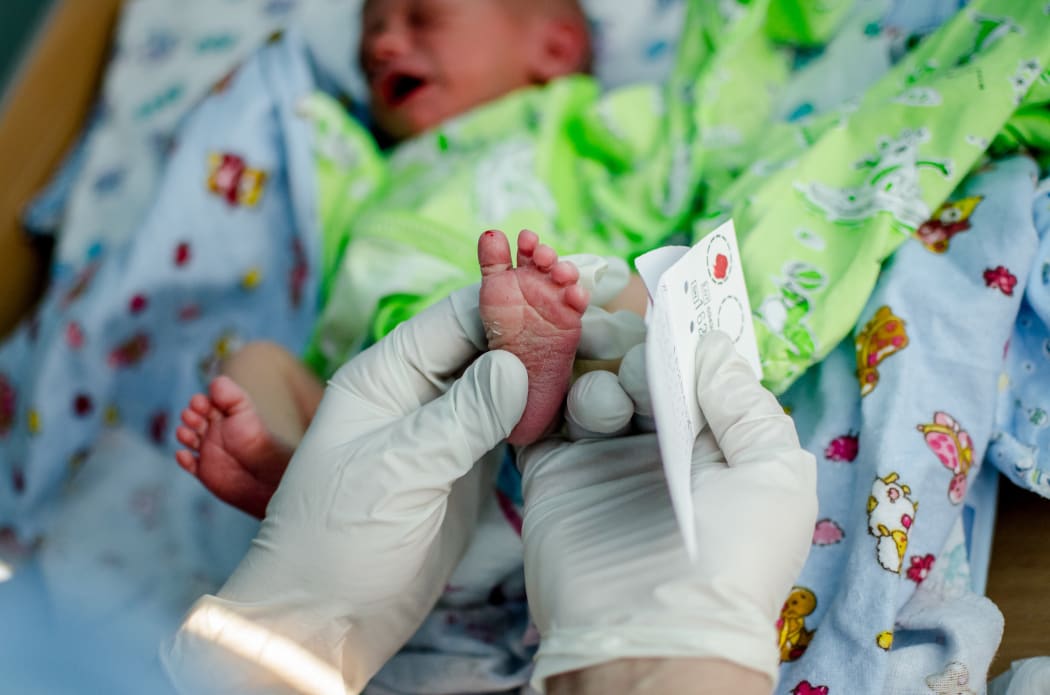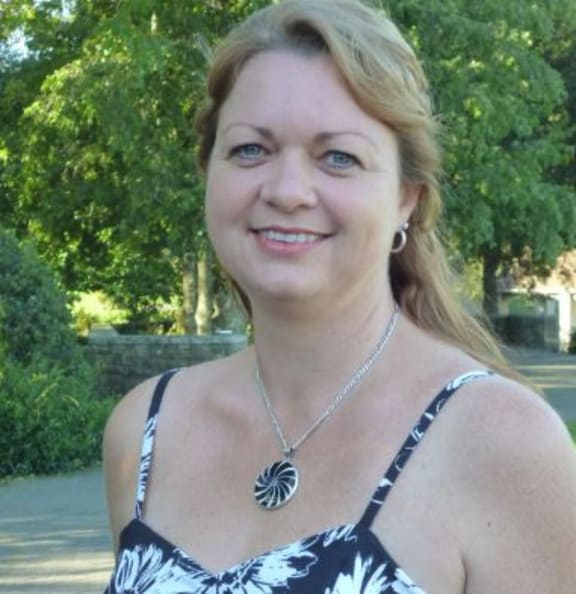Midwife training is under scrutiny as MPs consider a call to beef up post-graduate supervision.

Chief executive of the College of Midwives Alison Eddy says midwives already do a work placement in their final year and there was no need for more. Photo: Photo / 123RF
A group lobbying for change, Action to Improve Maternity (AIM), is recommending a post-graduate internship as part of a midwife's registration.
About half of midwives straight out of university are employed by district health boards and work in hospitals and half go into community-based organisations.
All must take part in the Midwifery First Year of Practice programme, where a graduate is buddied up with a mentor for a minimum of 56 hours for the year.
The industry also notes that new midwives are rarely without support from a colleague, whether by phone or in person, if they need it.
But Jenn Hooper from AIM said the data told a different story.
"In 2009 for perinatal and maternal death we were 15th and 17th, three years ago we were 22nd and 23rd respectively, now, I checked again last week in preparation for this and we're sitting at 24th and 27th.
"So we're now solidly in the bottom third.
"Our figures aren't actually necessarily [getting worse] but other countries are getting better.
"We're dropping in the rankings by default, so if that's happening we've got to look at what we're doing differently surely. And the thing we do differently is midwifery."
Ms Hooper presented to the select committee last week and suggested a post-grad internship, a compulsory post-graduate two to three years in a hospital setting or both.
But Bronwen Pelvin, principal maternity advisor to the Ministry of Health, told the committee a forced hospital placement would not be beneficial.

AIM: Action to Improve Maternity spokesperson Jenn Hooper Photo: Supplied
"If you restrict registered midwives to working within a hospital environment they do not consolidate their learning around the provision of antenatal care, around the engagement with family, around the needs of women and families to have other supports antenatally and how to do those referrals.
"You may get access to an antenatal clinic, you may get access to women who are in hospital because there's something not right in the antenatal period, you will get some labour and birth experience but ... not as the main midwife."
College of Midwives chief executive Alison Eddy said midwives already did a work placement in their final year and there was no need for more.
She said graduates felt the Midwifery First Year of Practice programme was sufficient and that they were well supported in their first job.
"Graduate midwives are not out there working on their own in the community, they're generally joining established practices with other experienced midwives so they're accessing that clinical support and practice-based support from their colleagues."
But Ms Hooper said things were still getting missed.
She said coronial findings and reports from the Health and Disability Commissioner were proof that preventable incidents with babies and mothers were happening and that there had to be room for improvement.
"They're all the same, lack of documentation, lack of urgency, the CTG interpretation is one thing, poor resuscitation skills seems to be another factor, deviation from the referral guidelines is huge.
"We know these things are happening, there's evidence and it's all down to practitioners error essentially."
The committee has asked her to provide an additional submission and have asked the Ministry of Health for information around a programme it is working on with the Health Research Council.
In a statement, the ministry confirmed this programme was to do with commissioning more research into maternity perinatal-related mortality, and maternity quality and safety.
"There has been research into the health of women cared for by midwives within one year of registration, compared to midwives with five to nine years of post-registration experience. The Lawton (2015) paper reported an increased risk of perinatal related mortality for women cared for by midwives within one year of registrations.
"A subsequent Ministry-commissioned report, by Dr Lynn Sadler and Dr John Thompson, were unable to replicate the Lawton report. Sadler and Thompson proceeded to research the outcomes of women cared for by new graduate midwives using a different methodology based on robust data from the Midwifery Council. Sadler and Thompson found no increase in risk of perinatal related mortality for women under the care of LMC midwives in their first year of midwifery practice in the years 2008- 2014, compared to midwives beyond their first year of practice.
"The Ministry and sector have identified the need for further research to ensure ongoing quality improvement in the maternity sector," the statement said.
Ms Hooper was optimistic the committee wanted to know more.
"[The council] could have said we've heard from AIM, we've heard from the ministry about their concerns and the ministry's answers seem really satisfactory, so there's nothing to see here, move on.
"That didn't happen and we're really happy that that didn't happen.
"It certainly looks like they're going to be delving deeper into this which is fabulous and that's all we can really ask for a the moment."
She said New Zealand should look to similar jurisdictions like Australia, where midwives must practice for three years in a hospital and the UK where it's two years.
Training is set by the Midwifery Council.
Chief executive Sharron Cole said it was not aware the Health Select Committee was considering maternity matters but the Council was always considering what needed to be in the curriculum to make sure graduates were fit for purpose.
She said an addition hospital-based internship for graduates may not be the best option given midwife shortages in most DHBs.
"Internship is based on the premise that maternity facilities are adequately staffed and resourced and this is certainly not the case at present."
Ms Cole said the Council was currently scoping the 'NZ Midwife' project and would be working with stakeholders over the next one to year years.
"This is a major piece of work which includes reviewing midwifery competencies to ensure that they meet the scope of practice and that graduate midwives are prepared for practice across the work environment."







